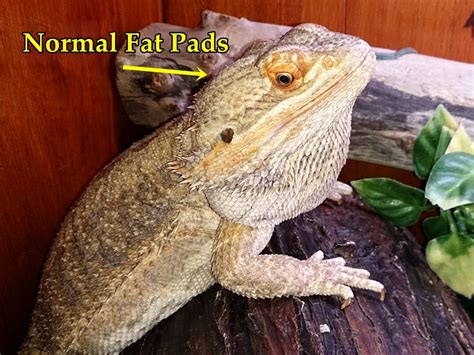My Bearded Dragon Is Behaving Strangely: What Should I Do?
Bearded dragons, with their charming personalities and captivating appearance, make wonderful pets. However, like any living creature, they can sometimes exhibit unusual behavior. If your bearded dragon is acting strangely, it's crucial to identify the cause and take appropriate action. This guide will help you understand common signs of distress in bearded dragons and provide steps to address the issue. Remember, early intervention is key to ensuring the health and well-being of your scaly friend.
What Constitutes "Strange" Behavior in Bearded Dragons?
Before we delve into specific problems, it's important to define what constitutes "strange" behavior. Every bearded dragon has a unique personality, but deviations from their usual patterns should raise concern. These might include:
- Changes in Appetite: Sudden loss of appetite, overeating, or refusal of favorite foods.
- Lethargy or Weakness: Reduced activity levels, difficulty moving, or listlessness.
- Unusual Posture: Unusual hunching, swaying, or difficulty standing.
- Respiratory Issues: Open-mouth breathing, wheezing, or clicking sounds.
- Changes in Defecation: Diarrhea, constipation, or unusual coloration of feces.
- Skin Changes: Discoloration, swelling, sores, or excessive shedding.
- Behavioral Changes: Excessive aggression, hiding excessively, or unusual vocalizations.
- Eye Problems: Swollen, cloudy, or watery eyes.
Why is My Bearded Dragon Hiding All the Time?
Excessive hiding can be a sign of stress, illness, or discomfort. Several factors might contribute:
- Improper Temperature Gradient: Bearded dragons need a temperature gradient in their enclosure, allowing them to regulate their body temperature. Insufficient basking spot heat can make them lethargic and seek cooler hiding places.
- Territorial Issues: Introduce new dragons slowly and carefully to avoid territorial disputes.
- Stressful Environment: Loud noises, sudden movements, or overcrowding can cause stress and lead to increased hiding.
- Underlying Illness: Hiding can also be a symptom of illness, making them weak and less likely to bask.
My Bearded Dragon Is Not Eating: What Should I Do?
Anorexia in bearded dragons is a serious issue and requires immediate attention. Possible causes include:
- Improper Diet: Lack of variety, improper calcium-to-phosphorus ratio, or offering inappropriate foods.
- Temperature Issues: Incorrect temperatures can affect their metabolism and appetite.
- Parasites: Internal parasites can rob your dragon of nutrients and decrease appetite.
- Illness: Various illnesses, such as respiratory infections or metabolic bone disease (MBD), can cause anorexia.
- Shedding: Sometimes, they eat less while shedding.
Is My Bearded Dragon Sick? How Can I Tell?
Several symptoms indicate illness:
- Lethargy and Weakness: A significant decrease in activity levels is a strong indicator.
- Respiratory Problems: Open-mouth breathing, wheezing, or clicking noises signify respiratory issues.
- Dehydration: Sunken eyes, wrinkled skin, and lethargy are common signs.
- Loss of Appetite: Refusal to eat is a serious concern.
- Diarrhea or Constipation: Changes in bowel movements point to digestive problems.
What Should I Do If My Bearded Dragon Is Behaving Strangely?
If you notice any unusual behavior, take the following steps:
- Observe Carefully: Note the specific behaviors, their frequency, and any associated symptoms.
- Check the Enclosure: Ensure proper temperature, humidity, lighting, and substrate.
- Examine Your Dragon: Look for any physical abnormalities like skin changes, swelling, or injuries.
- Dietary Review: Assess the diet for nutritional adequacy and variety.
- Seek Veterinary Care: Consult a reptile veterinarian immediately. They can perform a thorough examination, diagnose the problem, and recommend appropriate treatment.
Preventing Strange Behavior in Bearded Dragons
Prevention is always better than cure. These steps can help maintain your bearded dragon's health and prevent unusual behavior:
- Proper Housing: Provide a spacious enclosure with appropriate temperature gradients, UVB lighting, and hiding places.
- Balanced Diet: Offer a varied diet of insects, greens, and occasional fruits.
- Regular Veterinary Checkups: Schedule annual checkups to detect and address potential issues early.
- Stress Reduction: Minimize stress by providing a quiet and stable environment.
Bearded dragons are fascinating creatures, but their health depends on careful observation and responsible care. If you notice any strange behavior, don't hesitate to seek professional veterinary help. Early intervention significantly increases the chances of a positive outcome for your beloved pet. Remember, a healthy bearded dragon is a happy bearded dragon.

